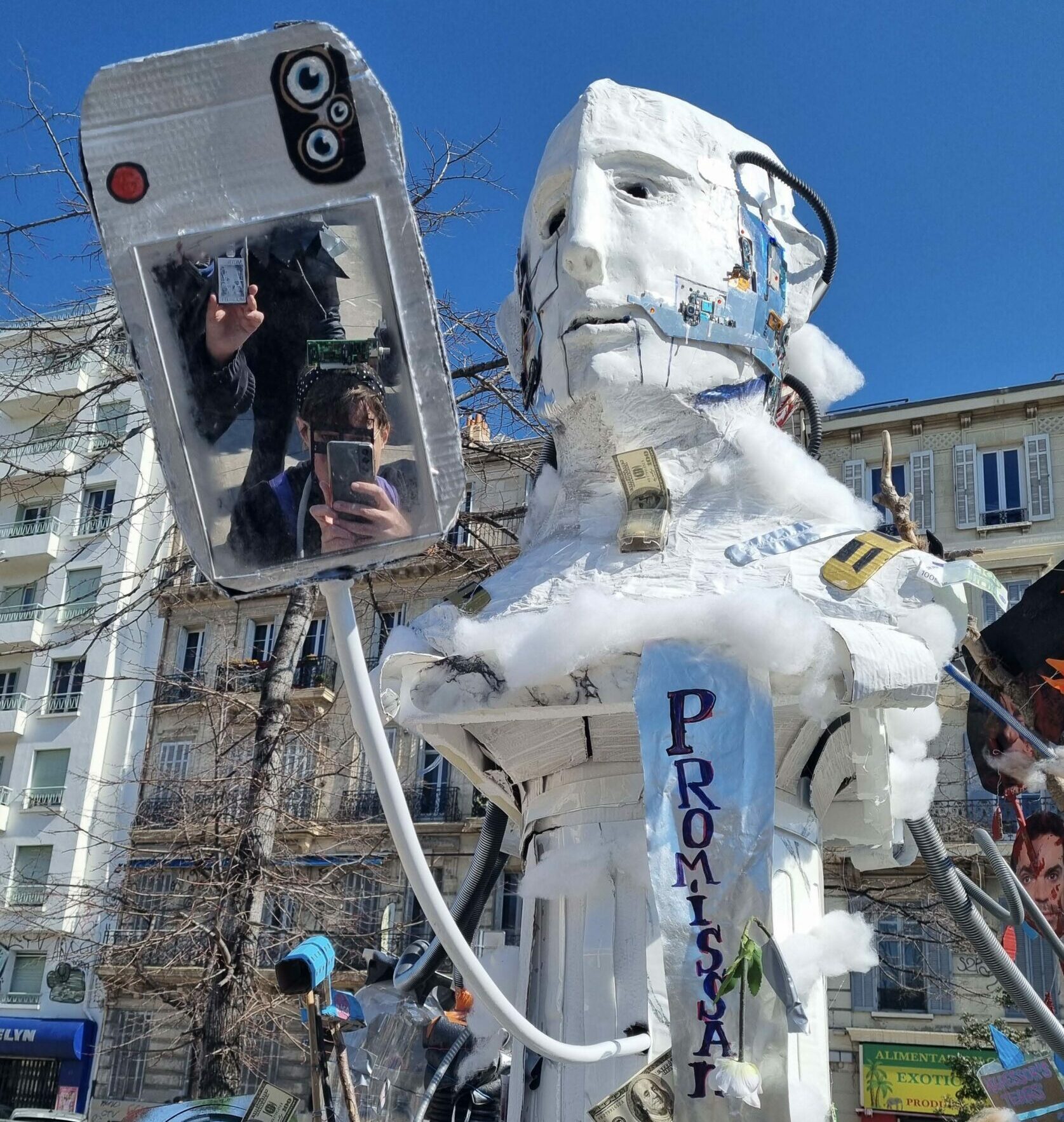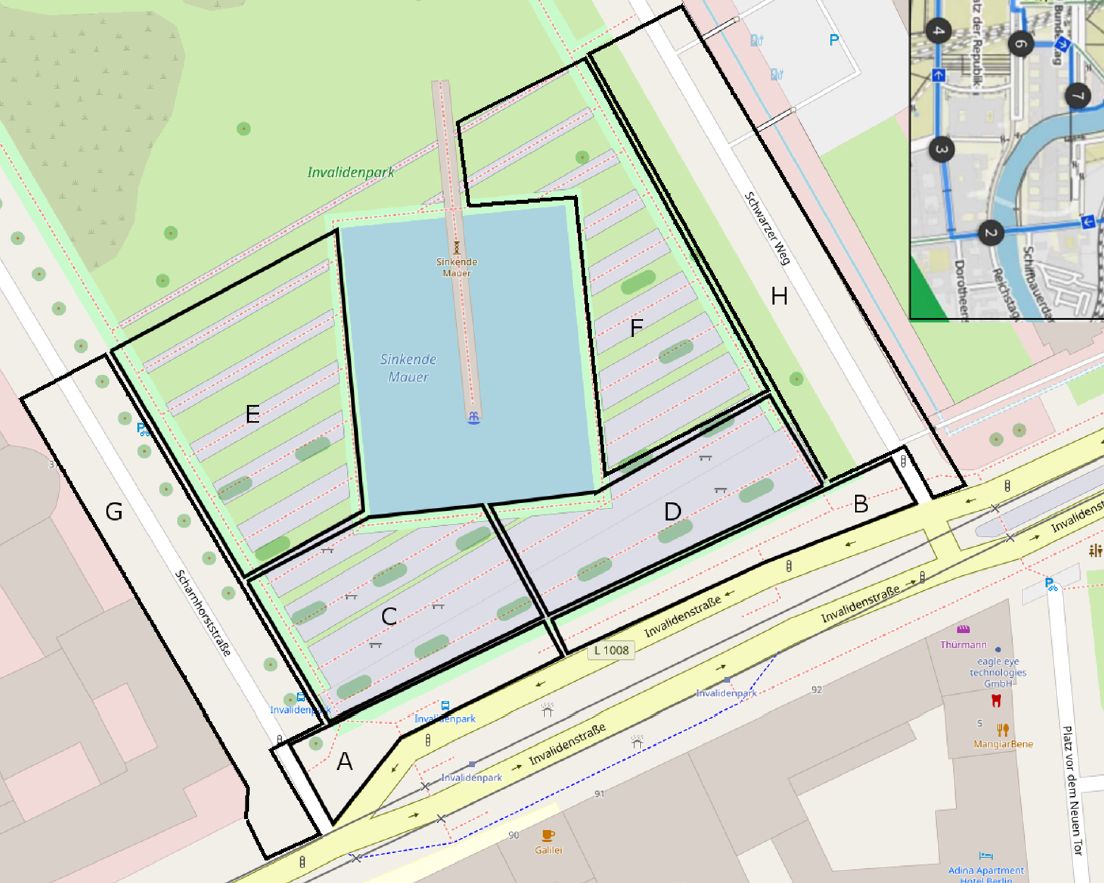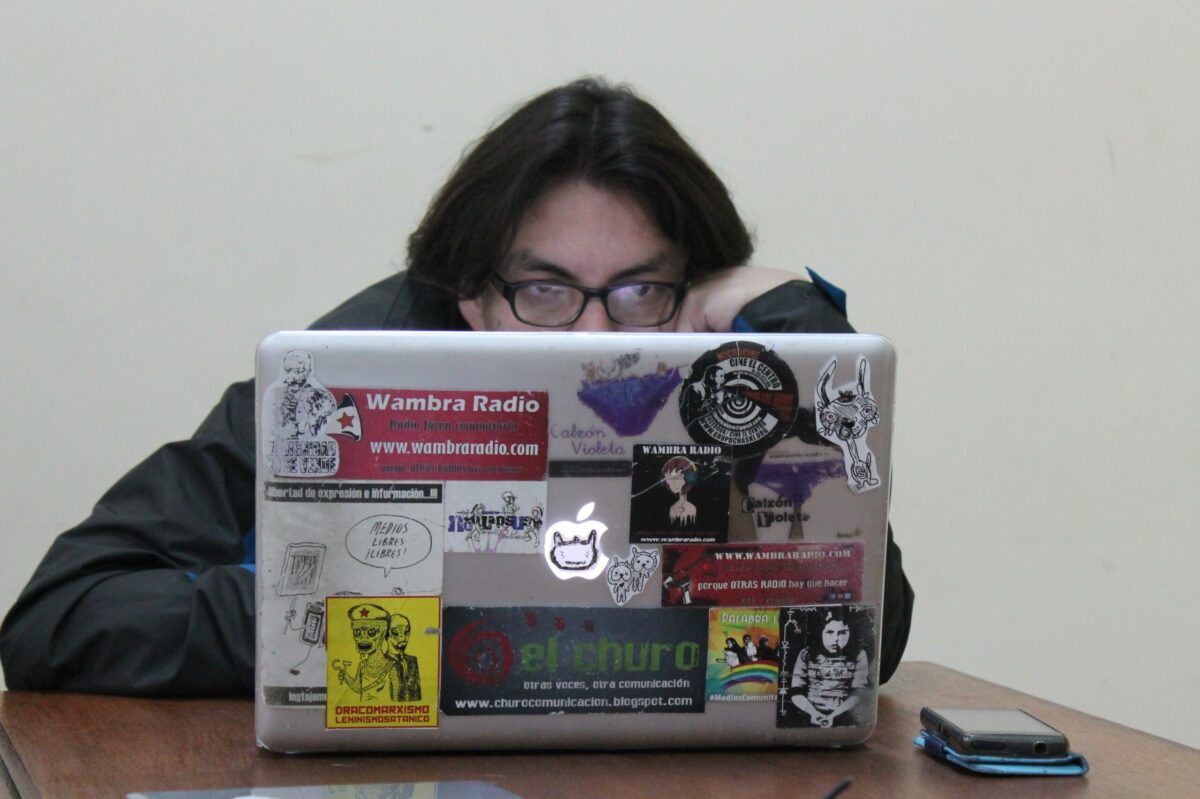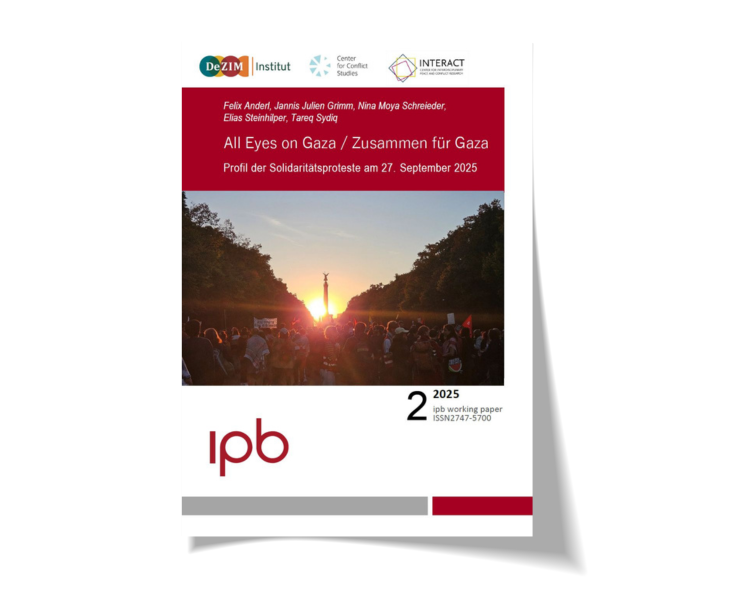November 24th to 26th, 2021
After a one year gap due to the pandemic, the Institute for the Study of Protest and Social Movements is organizing its 2021 annual conference under the title: „Social Movements and the Social Question“.
Program
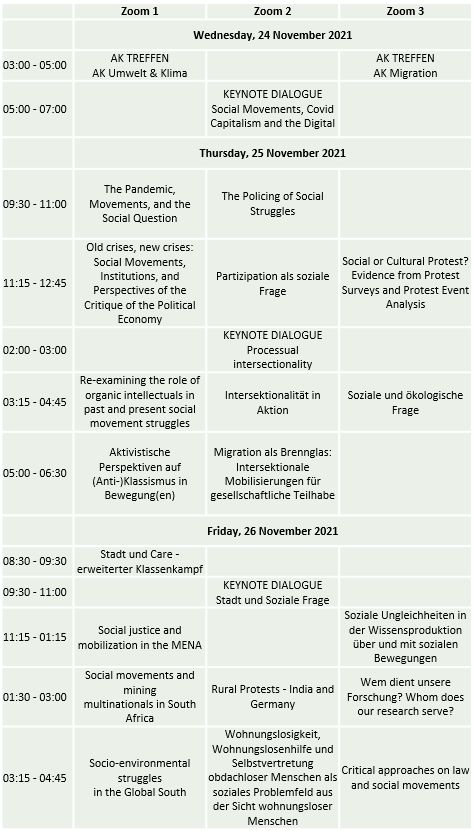
Download the conference program here (pdf, 155 KB) or here (extended version, pdf, 101 KB). Please note that events are either in German (DE) or English (EN). There is no translation available.
Welcome Address
Conference organizers
Carolin Genz, Damla Keşkekci, Ilse Lenz, Michael Neuber, Dalilah Shemia-Goeke, Christoph Sorg, Simon Teune, Carolina Alves Vestena. To contact the organizers, please write to conference@protestinstitut.eu.
Call for Participation
In the late 19th and early 20th centuries, the term „social question“ referred to new inequalities that became increasingly visible with industrialization and urbanization. The focus was on pressing grievances in the supply of housing and medical assistance/infrastructure, but also on the protection against violence and dangerous working conditions. Social movements, such as the labor and women’s rights movements, urban movements, or the youth movement, developed in the struggle for improvements in these areas. To what extent does the social question arise under today’s conditions? How do social movements address inequality and impoverishment in the context of postcolonial, digital, fossil fuel-driven neoliberalism? In addressing issues such as ecological collapse, intersectional disenfranchisement, increasing precariousness, recognition of care work, and the right to housing, social movements mobilize not only along one axis (rich and poor or capital and labor), but also with the entanglement of various relations of inequality in mind. The Covid pandemic has made global inequalities even more obvious: among those experiencing poverty, women, People of Color (PoC), and the so-called “essential workers” are disproportionately more at risk of becoming infected with and dying of Covid-19, while they are also bearing a greater burden of the social costs. The pandemic also shows that in a globalized world, the “social question” transcends national borders: the European Union lets refugees die in the Mediterranean Sea or live in inhumane conditions instead of housing them safely. European governments are also prioritizing patents over rapidly vaccinating the world’s population.
At our conference, we want to discuss the shifting framework for social inequality as well as the strategies and visions that social movements develop in order to deal with it. We want to create a space to reflect upon the extent to which the „social question“ is renegotiated within contemporary social transformation processes. Which questions are highlighted and which are not? Which ruptures and continuities can be observed? We are looking forward to contributions to the following questions and more:
- What role do social movements play today for the articulation and the fight over the social question? What alliances and antagonisms are formed?
- How do social movements address the complexity of entangled relations of inequality, and how do they do justice to them? How are relations of inequality reproduced and negotiated between and within movements?
- What is the relationship between the social question, social structure, and political mobilization?
- How can we understand the spatial dimension of the social question? Do we primarily deal with urban politics? What role do rural areas and transnational perspectives play?
- What perspectives does the „social question“ open up as a cross-cutting issue for various movements? To what extent do such perspectives offer points of departure for addressing intersectional formations of social inequality?
- How can the concepts of „class“ and „class society“ be reoriented with and beyond Marxist theories?
- What is the contribution of social movement studies to understand the relation between movements and the social question? How do social movement studies contribute to the reproduction of social inequality in their research practice?
We welcome proposals for various types obf contributions: academic research and activist reflections, individual presentations, complete panels with multiple presentations or discussions, discursive and artistic formats. The annual conference will be held either in a hybrid format, with face-to-face sessions and online events, or online only. Conference languages are German and English.
The deadline for submitting abstracts for contributions or panels (250 words, 5 keywords, in German or English) is June 25, 2021. Please include a title, an email address, and, if applicable, ideas and needs to lower the threshold for participation to the event. Send your abstract as a pdf file to: info@protestinstitut.eu.
Download the CfP (pdf, 136 kb)
The conference is supported by the Heinrich Böll Foundation.
